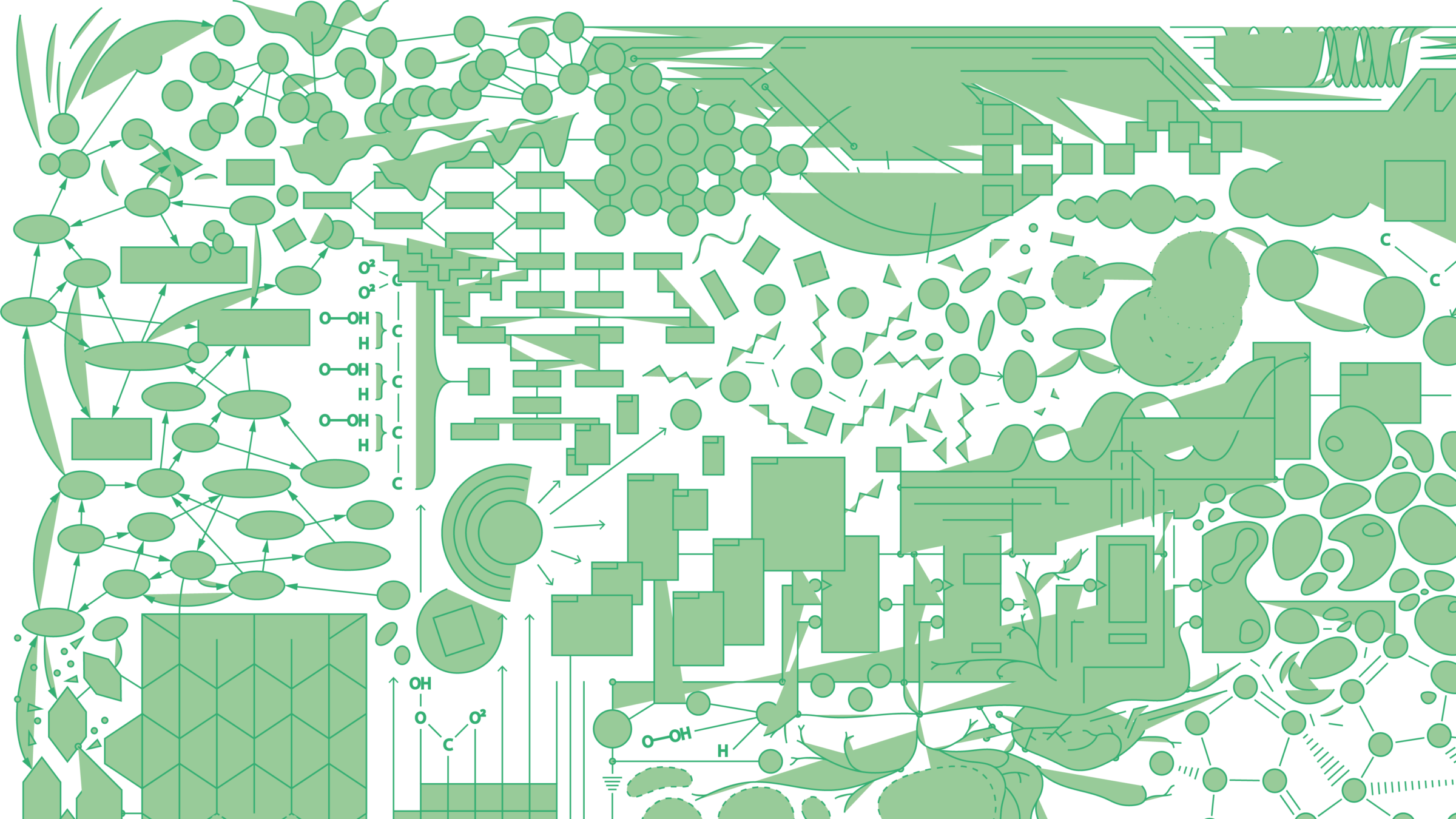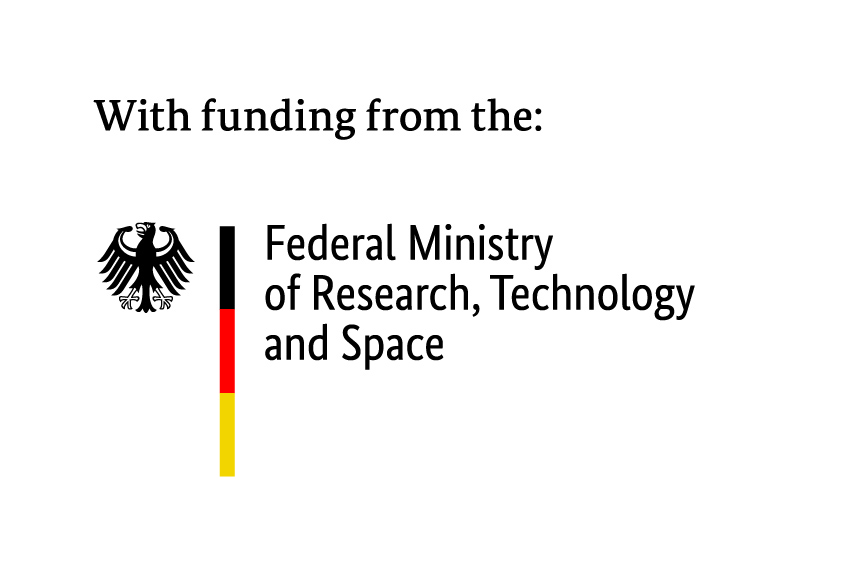The Käte Hamburger Kolleg on Cultures of Research hosted a philosophical Workshop on May 16th and 17th May. It was organized by Markus Pantsar and Gabriele Gramelsberger for good reasons: Gabriele Gramelsberger received as the first German philosopher the K. Jon Barwise Prize, while Markus Pantsar’s book “From Numerical Cognition to the Epistemology of Arithmetic” had been recently published by Cambridge University Press as the first book publication by a fellow at the KHK Aachen.
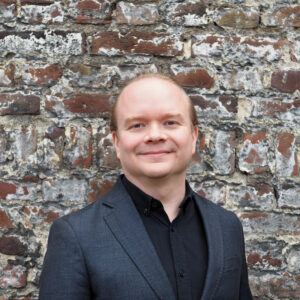

Markus Pantsar: “From Numerical Cognition to the Epistemology of Arithmetic”
The workshop kicked off with a presentation by Markus Pantsar (RWTH Aachen University) on how his book came to be. The leading question is: how can we use empirical knowledge about numerical cognition to gain a better understanding of arithmetical knowledge? His goal is to combine philosophy of mathematics with the cognitive sciences to gain a deeper understanding of how we develop and acquire number concepts and their arithmetic. It’s fascinating how these concepts develop differently across cultures, even though they are based on universal proto-arithmetical numerical abilities. Indeed, even animals have proto-arithmetical abilities, evidenced by their ability to differentiate on collections based on numerosities. This leads to an intriguing question: how do we come to develop and acquire number concepts? From an anthropological perspective, numbers are a fundamental aspect of human life in many cultures, yet there are also cultures without numbers. Hence, aside from the evolutionarily developed proto-arithmetical abilities, we also need to focus on the cultural foundations of arithmetic. All this, Pantsar argued, is relevant for the epistemology of arithmetic.
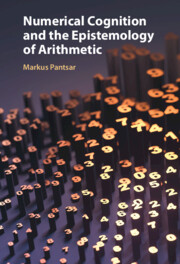
Dirk Schlimm: “Where do mathematical symbols come from?”
Dirk Schlimm from McGill University in Montreal was the next to present. He talked about his recent research project on mathematical notations. Grounding on the question of what notations are (according to Peirce), Schlimm introduced his newest findings that mathematical notations are sometimes arbitrary, but this is not the case generally. Mathematical symbols may resemble or draw from shapes in the real world, or have other characteristics that connect to our cognitive capacities. The issue is, however, very complex. Mathematical symbols, in particular, carry many purposes and their use needs to be studied with this in mind. In addition to purely scientific purposes, we should consider how academic practices and political dimensions influence the acceptance and use of notations.
Richard Menary: “The multiple routes of enculturation”
Richard Menary (Macquarie University, Sydney) then gave us insights into his research on enculturation, arguing that there are multiple cultural pathways to developing and acquiring number concepts and arithmetic. Menary calls this the multiple routes model of enculturation. He discussed aspects of Pantsar’s book, especially the developmental path from proto-arithmetical cognition to arithmetical cognition. Menary showed a variety of factors in how this transition can take place, like finger counting, writing and forming numbers on paper. Enculturation through cultural practices has a significant influence on the development of arithmetical abilities, but we should not be fooled into thinking that such enculturation is a uniform phenomenon that always follows similar paths.
Regina Fabry: “Enculturation gone bad: The Case of math anxiety”
Regina Fabry (Macquarie University) showed in her presentation on math anxiety how the relationship between cognition and affectivity needs to be included in accounts of arithmetical knowledge. While accounts of enculturation, like those of Menary and Pantsar, focus on the successful side of things, it is important to acknowledge that processes of enculturation can also go bad. Socio-cultural factors associated with mathematics education can lead to anxiety, which hinders the learning process with long-standing consequences. Empirical studies can contribute to a better understanding of where epistemic injustice may be present, and where there is a strong link to math anxiety. Accounts of arithmetical knowledge drawing from enculturation should be sensitive to such problems, but we can also use research on math anxiety to understand better the role of affectivity in enculturation in general.
Catarina Dutilh Novaes: “Dialogical pragmatism and the justification of deduction”
On Friday, Catarina Dutilh Novaes from Vrije University of Amsterdam discussed her ongoing investigation on the dialogical roots of deduction and posed the question what, if anything, can justify deductive reasoning. While her book The Dialogical Roots of Deduction offers an analysis of deduction as it is present in cultural practices, the question of its justification is left open. In her talk, she discussed whether pragmatist approaches could fill the gap to ground deduction. She argued that the justification for deduction comes from nothing beyond the pragmatics of the dialogical development of deduction. She supported this claim by a discussion on pragmatist theories of truth and recent discussion on anti-exceptionalism in logic.
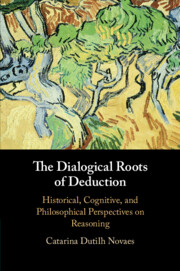
Frederik Stjernfelt: “Peirce’s Philosophy of Notations and the Trade-offs in Comparing Numeral Symbol Systems”
The former KHK Fellow Frederik Stjernfelt (Aalborg University Copenhagen) talked about his recent studies on Charles S. Peirce’s work on notations, co-conducted with Pantsar. Although better known for his work on logical notation, Peirce was deeply interested also in mathematical notation, including numeral symbol systems. He was eager to find a fitting notation for numbers which is easy to learn and allows easy calculations. Peirce focused in particular on the binary and heximal systems, the latter of which he considered superior to our decimal system. Stjernfelt presented Peirce-inspired criteria for different aims of numeral symbol systems, like iconicity, simplicity, and ease of calculation, arguing that the choice of a symbol system comes with trade-offs between them.
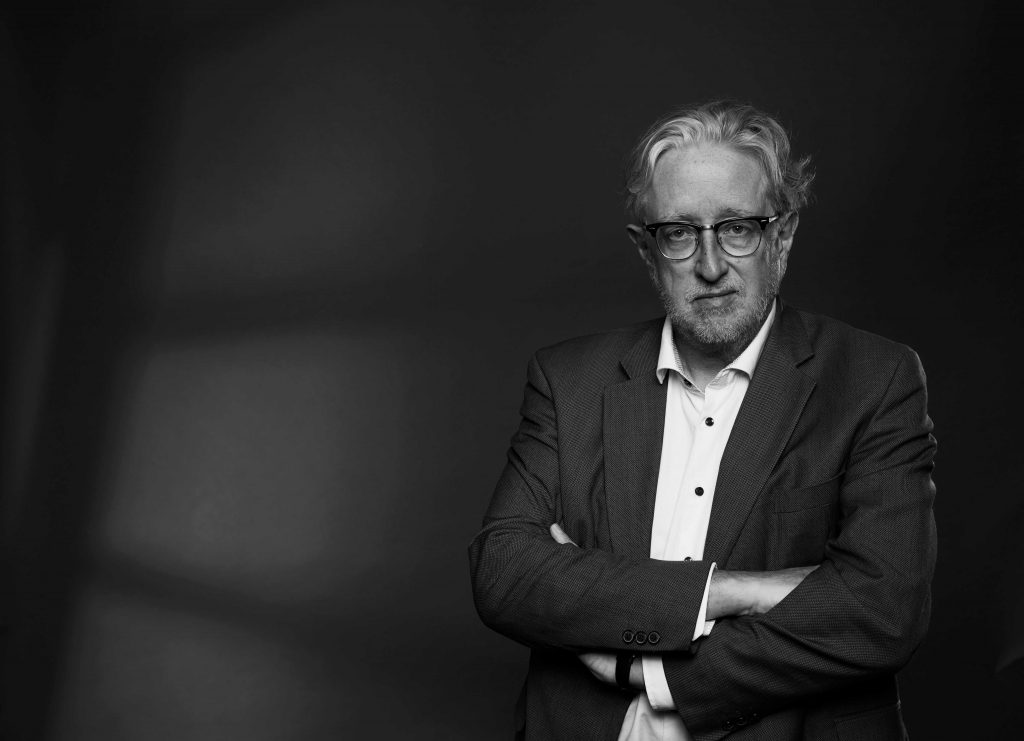
Stefan Buijsman: “Getting to numerical content from proto-arithmetic”
Stefan Buijsman (TU Delft) discussed Pantsar’s account of how humans arrive from proto-arithmetical abilities to proper arithmetical abilities. Studies of young children suggest that the core cognitive object-tracking system (OTS) and approximate number system (ANS) can both play a role in this process, but a key stage is acquiring the successor principle (that for every number n, also n + 1 is a number). Buijsman emphasized the role of acquiring the number concept one and its importance in grasping the successor principle, noting that Pantsar’s account could benefit from more focus on the special character of acquiring the first number concept.
Alexandre Hocquet: “Reproducibility, Photoshop, Pubpeer, and Collective Disciplining”
With Alexandre Hocquet’s (Université de Lorraine/ Laboratory Archives Henri-Poincaré) talk, the workshop moved from the philosophy of arithmetic to digital and computational approaches to philosophy of science. Hocquet discussed Photoshopping scientific digital images and using them for fraud in academic research, focusing on the Voinnet affair. On this basis, he discussed the topics of trust, reproducibility and change of scientific methods. With the use of digital images as evidence, new considerations of transparency are needed to ensure trust in scientific practice.
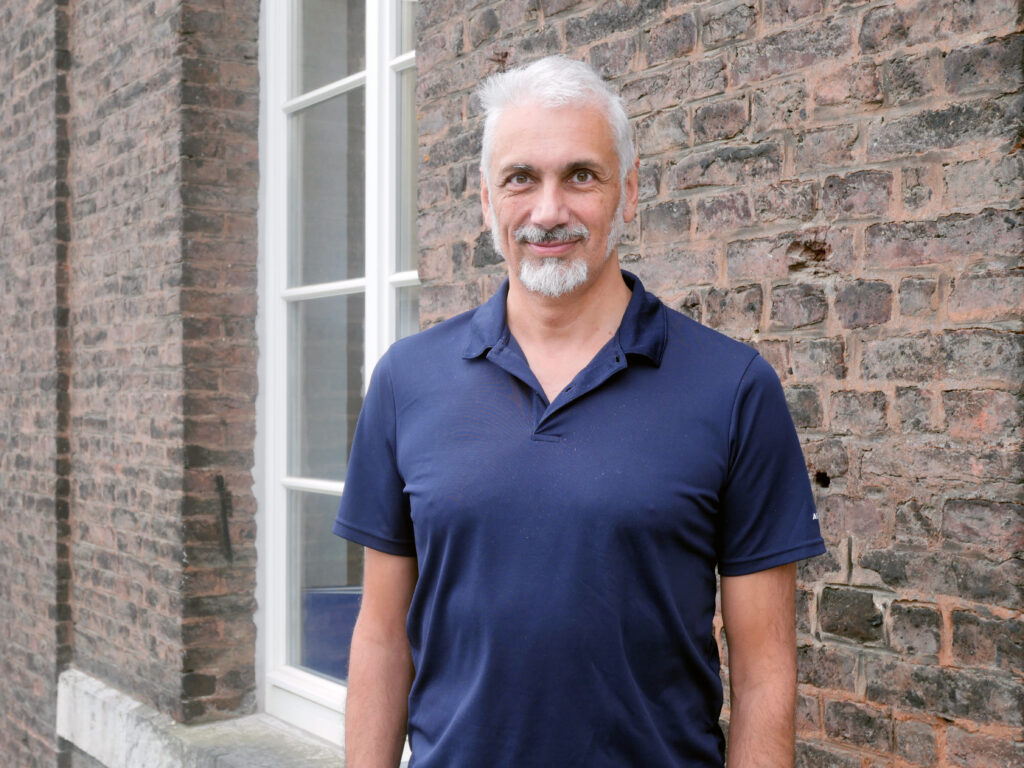
Gabriele Gramelsberger and Andreas Kaminski: “From Calculation to Computation. Philosophy of Computational Sciences in the Making”
In the final talk of the workshop, Gabriele Gramelsberger (RWTH Aachen University) and Andreas Kaminski (TU Darmstadt) focused on the computational turn in science. While mathematics has been an indispensable part of science for centuries, the increasing use of computer simulations has replaced arithmetical calculations by Boolean computations. Gramelsberger discussed the cognitive limitations of interpreting non-linear computing systems. Kaminski then considered questions of epistemic, pragmatic, and ethical opacity that arise from these limitations.

